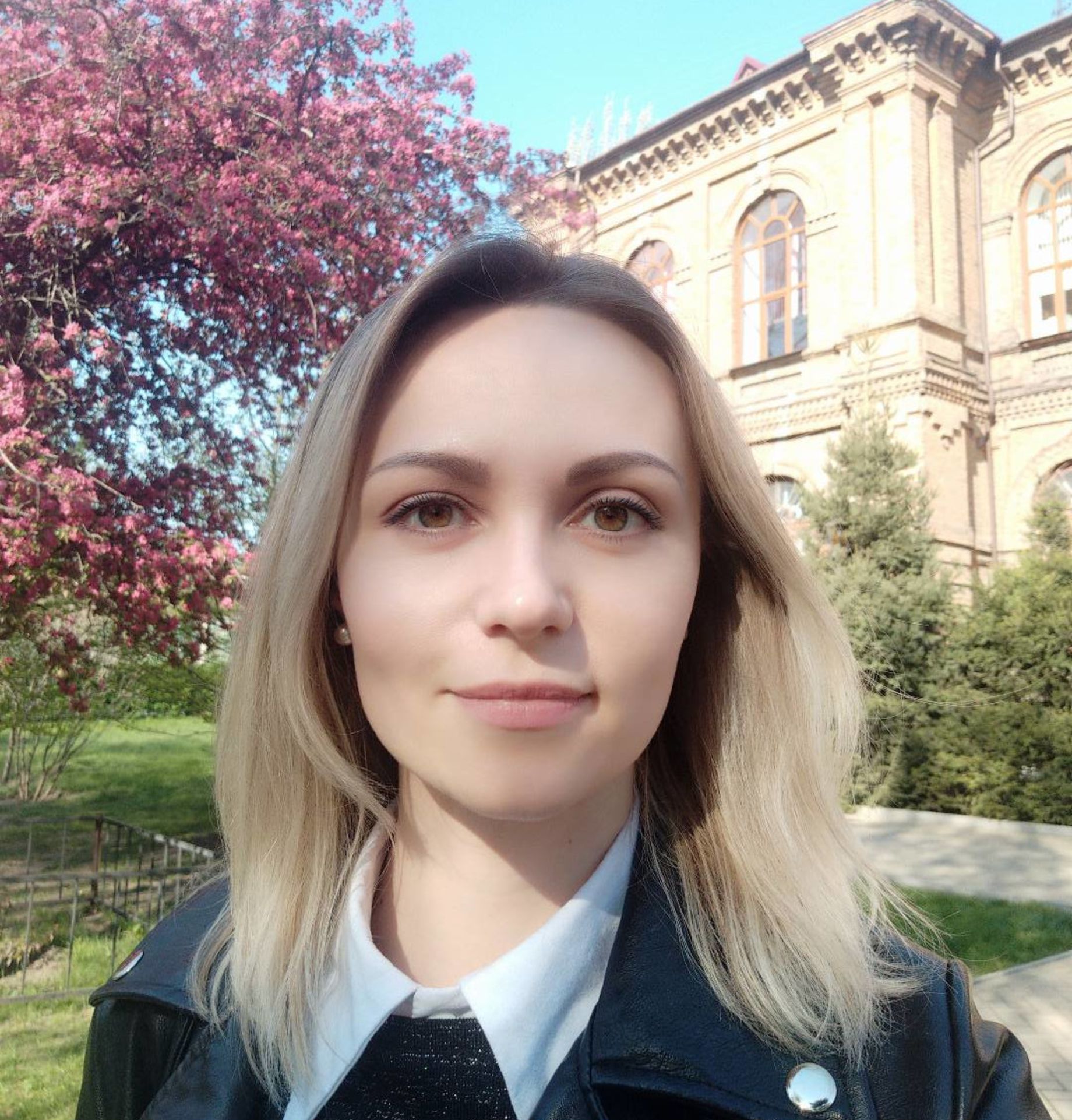2024-25
Digital Bridges: Exploring Changing Relationships with Family and Homeland in the Context of Ukrainian Forced Migration
With a focus on the extensive use of social media platforms among Ukrainian forced migrants', the study aims to unveil the multifaceted impact of digitalization on their lives.
Primarily, the research seeks to illuminate how Ukrainian forced migrants utilize digital channels to uphold connections with their families over time. Additionally, it delves into the reception of information about their homeland through digital media and its influence on their decisions regarding staying in the host country or contemplating return.
By scrutinizing communication practices and media consumption patterns, the project aspires to offer comprehensive insights into the experiences of Ukrainian migrants, contributing to a broader understanding of migration and transnational communication.
Furthermore, the project delves into the migrants' news consumption habits and their implications for their perception of Ukraine. By examining their preferences, sources of information, and assessments of reliability, the study aims to discern how media influences their attitudes toward their homeland and the prospect of returning.
2022-23
The Role of Social Networks in the Process of Forced Migration: Through the Prism of Life Stories of Ukrainian Migrants Between Ukraine and Germany
What are the roles of the internet and social media in migration processes and what have they changed? What are their benefits and what are the threats that arise from their use? These questions will be the focus of Taisiia Ratushna’s project. The study will also address how using the internet and social media has influenced the dissemination of information, including about assistance opportunities and residence rights, among migrants. In this case, it asks: which social networks, groups, and questions are users most interested in, how are useful contacts found, and how do communication processes take place? Lastly, it will also investigate the usefulness of such groups, as well as the amount, quality, and types of information that are aggregating in them. Do they really help to solve migrants’ problems or do they act as a kind of chronophage that, on the contrary, creates information noise that increases stress and hinders finding reliable sources?


